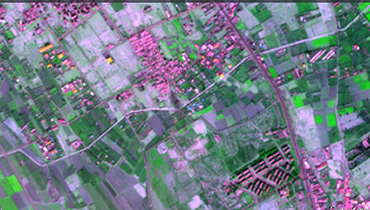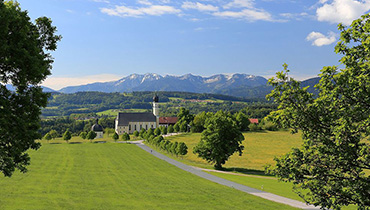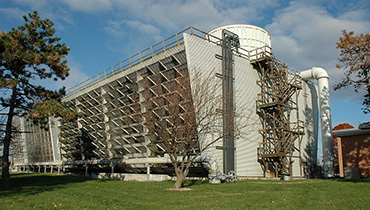2020 - The Role of Coffee Organizations as Agents of Rural Governance: Evidence from Western Honduras
| Autores: | Óscar Meza Palma, José María Díaz Puente y José Luis Yagüe Blanco |
| Título: | Use The Role of Coffee Organizations as Agents of Rural Governance: Evidence from Western Honduras |
| Revista: |
|
| Volumen: | 9 (11), 431 |
| Indexado en ISI: | ISSN 2073-445X |
| Páginas: | Inicio:1 Final:17 |
| Fecha: | 4 November 2020 |
| Lugar de Publicación: | Spain |
| Editorial: | Instituto Multidisciplinario de Publicaciones Digitales (MDPI) |
| Enlace: | Pinche aqui |
ABSTRACT
Territorial governance is the development strategy that encourages the integration of different actors in the rural environment around common interests. Producer organizations emerge as the appropriate means to unify leadership and consensus to overcome market barriers. These producer networks also influence other dimensions of development, to give way to true governance processes. This paper examines the notion of governance agents associated with the production fabric and the extent to which these agents impact the production efficiency and the level of well-being of those who inhabit the territory. For this purpose, the determinants of a governance model are analyzed in a coffee-growing territory made up of 92 municipalities, located in western Honduras. The analysis is based on a panel of data on the number of cooperatives, rural boards, production parameters, and endowments of public goods grouped into 16 indicators at the municipal level. The data set was subjected to structural equation modeling (SEM), given its statistical capacity to explain complex interrelated phenomena. The main result is the definition of a governance model associated with the coffee territory. This model describes an endogenous pattern of interactions between its four components. This statistical configuration broadens the understanding of the role that governance agents play in fostering a kind of virtuous circle in favor of rural development.
Keywords: territorial governance; governance’s agents; rural cooperatives; coffee production; structural equation modeling (SEM)













